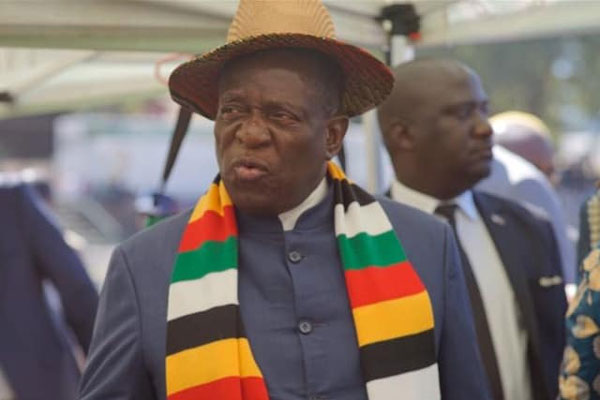
EDITORIAL
The scathing bail ruling by a High Court judge condemning the police over their shoddy investigations into the alleged plot to unseat President Emmerson Mnangagwa must lead the country’s law enforcement agency into deep introspection over concerns about its professionalism.
Justice Tawanda Chitapi on Friday released five of the seven civil society activists arrested over a fortnight ago following allegations that they attended a workshop in the Maldives where they were trained on how to conduct terrorist activities.
The allegations were first peddled by the state-controlled media, which also demonstrated worrying levels of unprofessionalism in pushing a clear agenda to persecute people and organisations perceived to be critical of the government.
Chitapi expressed concern about the police’s propensity to arrest to investigate rather than investigating first before charging anyone.
He also noted another aspect that has left many observers worried about Mnangagwa’s commitment to respect human rights in that the state seems to have scant regard for the Bill of Rights as demonstrated by the “unconstitutional conduct” of the police officers who arrested the activists.
It was the judge’s view that there was nothing in the workshop’s programme that indicated that the activists were plotting to topple Mnangagwa’s government through terrorist activities.
The outcome of the bail ruling feeds into the narrative that the new government is continuing with former president Robert Mugabe’s legacy of abusing law enforcement agencies to target critics and clamp down on dissent.
- Chamisa under fire over US$120K donation
- Mavhunga puts DeMbare into Chibuku quarterfinals
- Pension funds bet on Cabora Bassa oilfields
- Councils defy govt fire tender directive
Keep Reading
That 20 Zimbabweans have been charged with treason since Mnangagwa won a controversial election in July last year should be enough reason to worry about the direction his government is taking.
The criminalisation of human rights activism flies in the face of the president’s stated commitment to promote democracy after 38 years of autocratic rule by Mugabe.
Zimbabwe’s progressive constitution provides for the right to demonstrate and petition, hence the targeting of civil society organisations is clearly a violation of fundamental rights.
Instead of responding with brute force and farcical arrests like they did with the seven accused of treason, Mnangagwa’s government must be responsive to citizens’ concerns about the imploding economy and many other problems that have made life very difficult in Zimbabwe.
Mnangagwa’s government, just like Mugabe’s administration, believes anyone who criticises its policies is doing so at the behest of foreigners itching for regime change.
Such paranoia will certainly not take us anywhere, but further entrench perceptions that Zimbabwe is struggling to shake-off its pariah state tag, which it earned under Mugabe.











